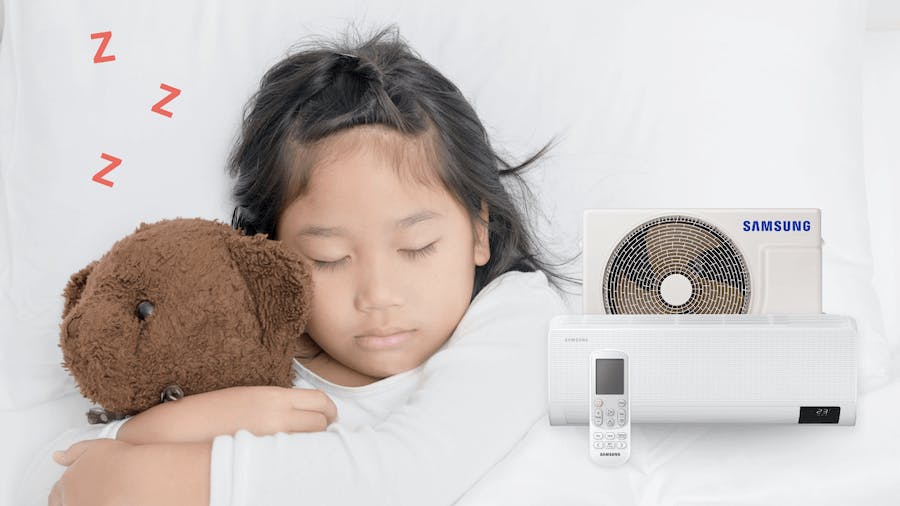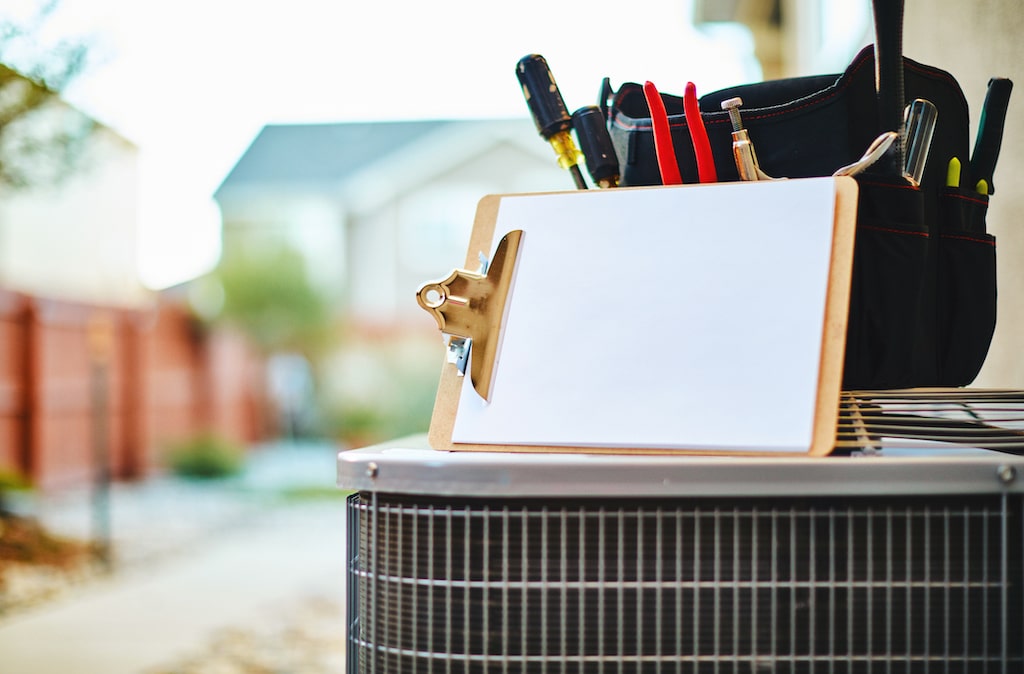
When the summer heat hits, there's nothing quite as refreshing as stepping into a cool, comfortable space. That's where air conditioning units come in! But with so many options available, how do you choose the right one for your home or office? Let's explore the ins and outs of air conditioning units, from the different types to the factors you should consider before making a purchase.
Understanding the Different Types of Air Conditioning Units
There are several types of air conditioning units, each designed to meet specific needs and preferences. Here's a breakdown of the most common types:
1. Central Air Conditioning
Central air conditioning systems are designed to cool an entire home or building. They use a network of ducts to distribute cool air throughout the space. These systems are powerful and efficient, making them ideal for larger areas. They consist of an outdoor unit (condenser) and an indoor unit (evaporator). They are often integrated with the heating system.
2. Window Air Conditioners
Window air conditioners are compact units that fit into a window frame. They are perfect for cooling single rooms and are relatively easy to install. They are a cost-effective option for smaller spaces. These units are also very popular for apartments and smaller houses.
3. Portable Air Conditioners

Portable air conditioners are freestanding units that can be moved from room to room. They are a great option for those who need flexibility and don't want to install a permanent unit. They require a hose to vent hot air outside, usually through a window. These are great for people who rent, or do not wish to install a window or central air conditioning unit.
4. Ductless Mini-Split Systems
Ductless mini-split systems are designed for spaces where ductwork is not feasible or desired. They consist of an outdoor unit and one or more indoor units, connected by refrigerant lines. These are very efficient and offer zoned cooling, meaning you can control the temperature in different rooms independently. They also allow for heating in winter.
Factors to Consider When Choosing an Air Conditioning Unit
Choosing the right air conditioning unit depends on several factors, including:
- Room Size: The size of the room or area you want to cool is crucial. Larger rooms require more powerful units.
- Energy Efficiency: Look for units with high SEER (Seasonal Energy Efficiency Ratio) ratings to save on energy costs.
- Budget: Air conditioning units vary in price, so it's essential to set a budget before you start shopping.
- Installation: Consider the installation requirements and whether you'll need professional help.
- Features: Some units come with extra features like timers, remote controls, and air purifiers.
- Noise Level: Some units are quieter than others. Consider where the unit will be located, and if noise is a concern.

Maintaining Your Air Conditioning Unit
To ensure your air conditioning unit operates efficiently and lasts longer, regular maintenance is essential. Here are some tips:
- Clean or replace air filters regularly.
- Schedule annual maintenance checkups with a professional.
- Keep the outdoor unit free of debris.
- Check for any leaks or unusual noises.
- Ensure adequate airflow around the unit.

The Benefits of a Quality Air Conditioning Unit
Investing in a quality air conditioning unit offers numerous benefits, including:
- Improved Comfort: Enjoy a cool and comfortable indoor environment, even during the hottest days.
- Better Air Quality: Many units come with air filters that remove dust, pollen, and other allergens.
- Increased Productivity: A comfortable environment can boost productivity and focus.
- Health Benefits: Proper air conditioning can help prevent heatstroke and other heat-related illnesses.
- Increased Property Value: A well-maintained air conditioning system can add value to your home.
In conclusion, air conditioning units are essential for maintaining a comfortable and healthy indoor environment. By understanding the different types and considering the factors mentioned above, you can choose the perfect unit for your needs. Remember to prioritize regular maintenance to keep your unit running smoothly for years to come. Stay cool!
No comments:
Post a Comment
Note: Only a member of this blog may post a comment.